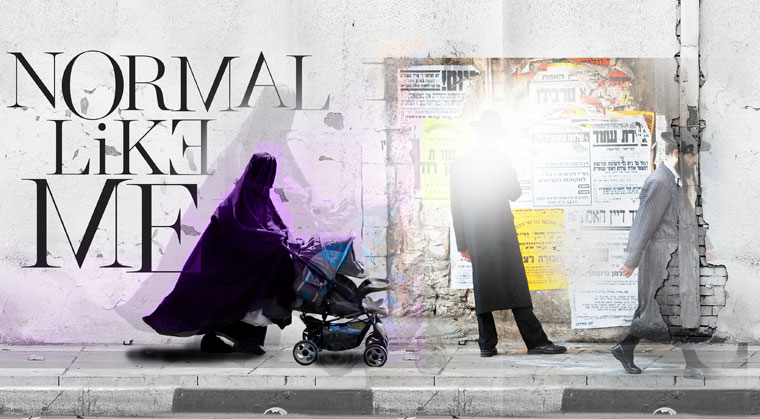Normal Like Me: Chapter 56


Wewak, Papua New Guinea
"F
ield clinic internship means field clinic internship!” Yana, the clinical supervisor, thundered at the girls. “It means you were here. The whole time. Or you get no signature from me.” The tall Melanesian had made it clear from the start that she would condone no slacking off. Now, their shifts for the coming week were about to be assigned.
Bernadine looked at the schedule sheet, which was mostly empty squares, and gulped. There were only three nursing interns, including herself, plus Yana, who managed to surprise them every day by showing up in a stranger outfit than she’d worn the day before.
“If necessary, I’ll call in reinforcements from the regular hospital staff,” Yana said. The three interns made no comment about the quality of said staff, or about the fact that this bunch of scarcely equipped shacks was called a “hospital.”
Bernadine looked at Yana, at the glint in her eyes, at her inexhaustible energy. She knew that Yana had studied at the nursing school in Lae, the second-largest city in Papua New Guinea, and that she dreamed of earning a degree in health system management in New York.
“The surgeries begin Monday morning,” Yana announced. “We’ll divide up the night shifts, so the patients will have someone on call in case of any problem.” She gave a quick outline of the complications that might arise after cataract surgery and the treatment protocol for each one.
When the signal was given at last, Bernadine hurried to her patients’ tents to take their vital signs and check their general condition. She chatted with them, reassured them, and saved the one she cared most about for last.
“Hello,” she said as she lifted the flap of Grandpa Cargo’s tent. Her mother wasn’t there. She was walking all over town, fascinated by all the new sights. Frank sat at Grandpa’s side, peeling a banana.
“Grandpa!” Bernadine said cheerfully.
“Bernadine,” he answered quietly. His hands were busy carving a small wooden mask.
“I’m so happy you’re here, Grandpa. The doctors are here already, too. They’re very big experts, you know. They’ve taken crocodile scales off of people’s eyes all over the world.”
“Yes,” said Grandpa, lifting his sightless eyes to her. He was too quiet, and she didn’t know what to expect. He was a very old man, 62 years old already. There was hardly anyone in the group close to his age. Most of them were somewhere around 50.
“I’m going to check you now, Grandpa,” she said with a certain lack of confidence, realizing that he wouldn’t understand what she was doing. “First I’ll check that your blood isn’t boiling,” she explained, just as she’d explained to all the other patients. “This is how the white man checks to see if the blood is boiling or not, with this stick. You hold it under your tongue.” She let Grandpa feel the thermometer with his hand first.
“You could just put your hand on my forehead, or under my arm,” Grandpa demurred.
“Yes, but… the white doctors like to check with this stick.”
Grandpa relented and took the thermometer under his tongue. Bernadine carefully noted down his vital signs, finished her checkup, gave him a hug, and suggested that he go out a bit and meet the other families.
Toward the end of the day, Bernadine saw Grandpa walking around on the beach, holding Frank’s arm, joking with the other elderly patients and chewing betel nuts.
It was going to be all right. (Excerpted from Mishpacha, Issue 722)
Oops! We could not locate your form.



